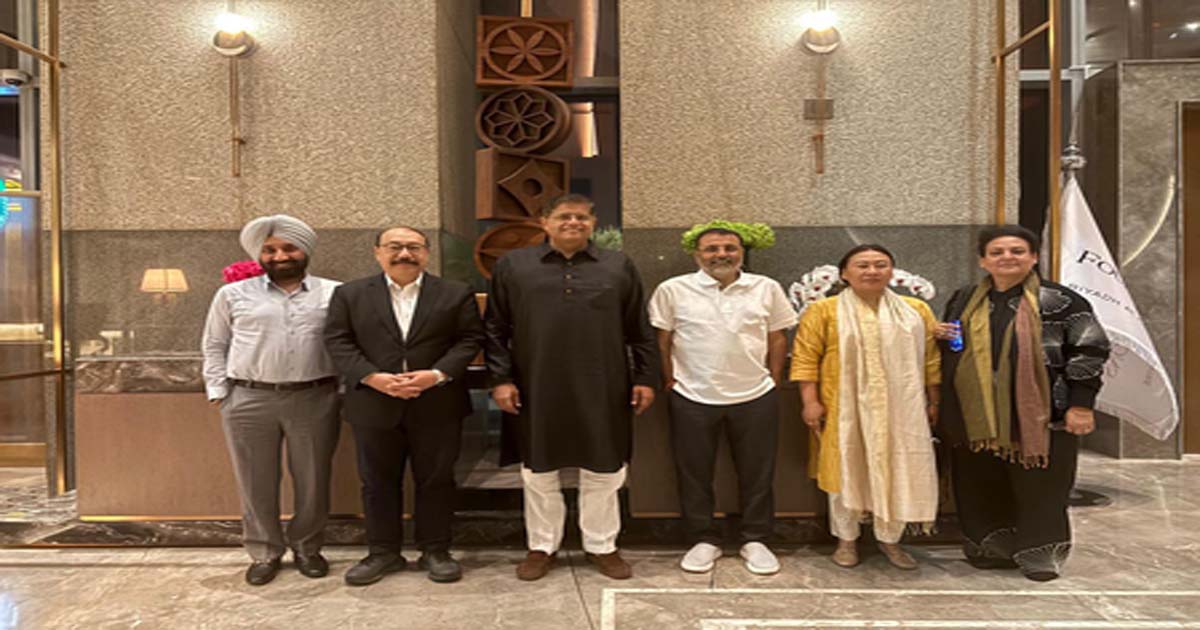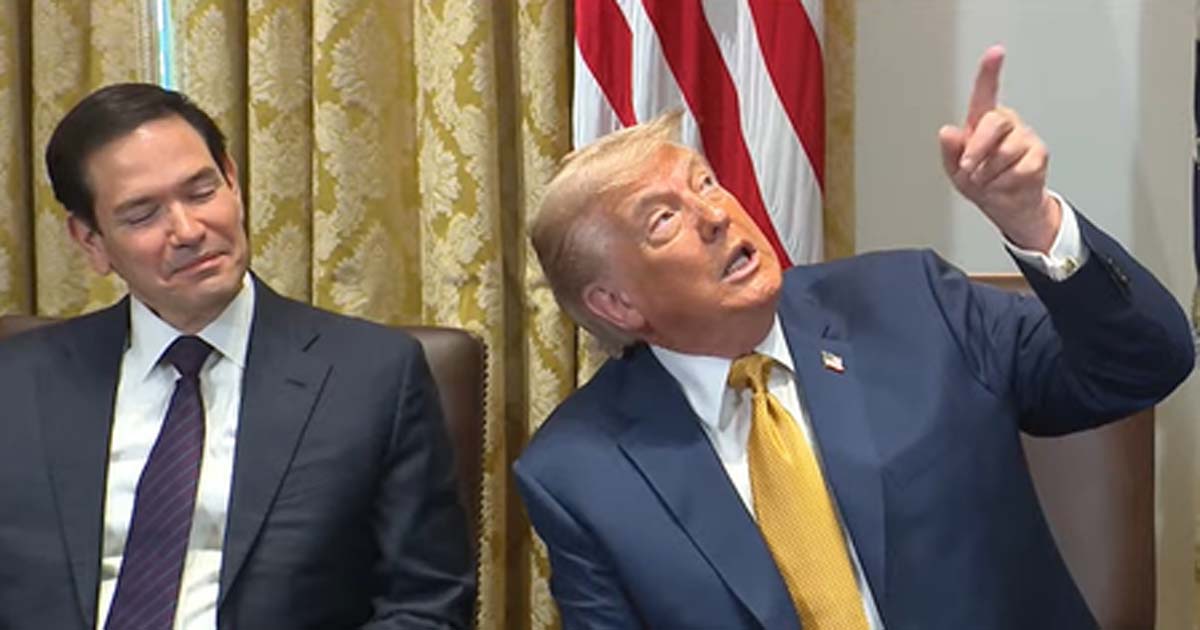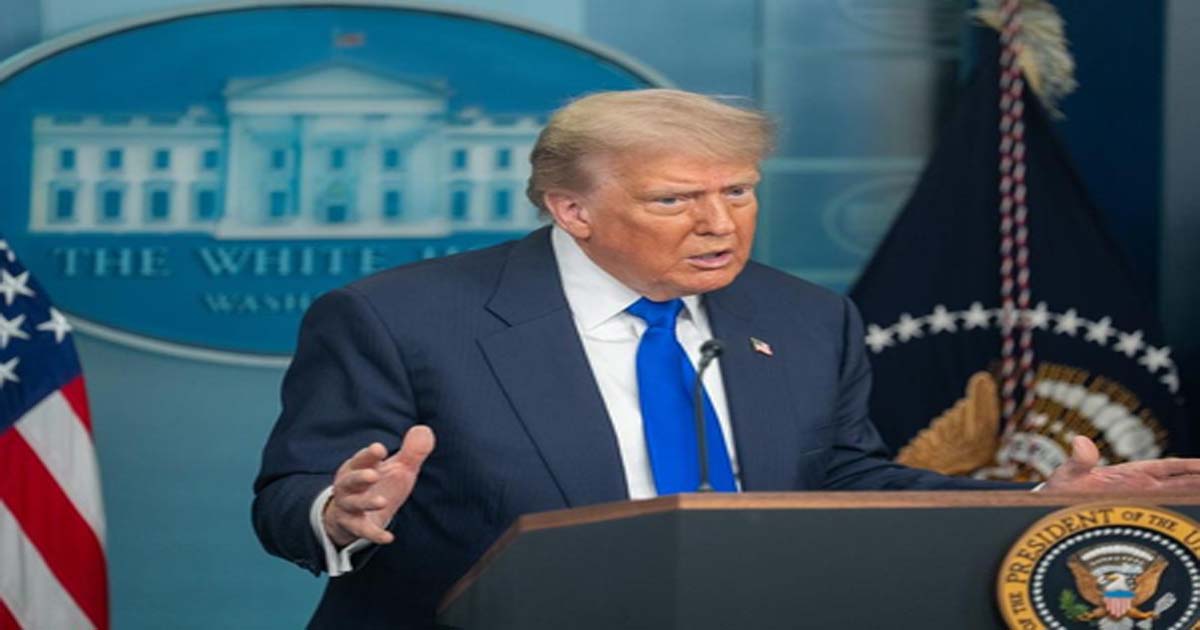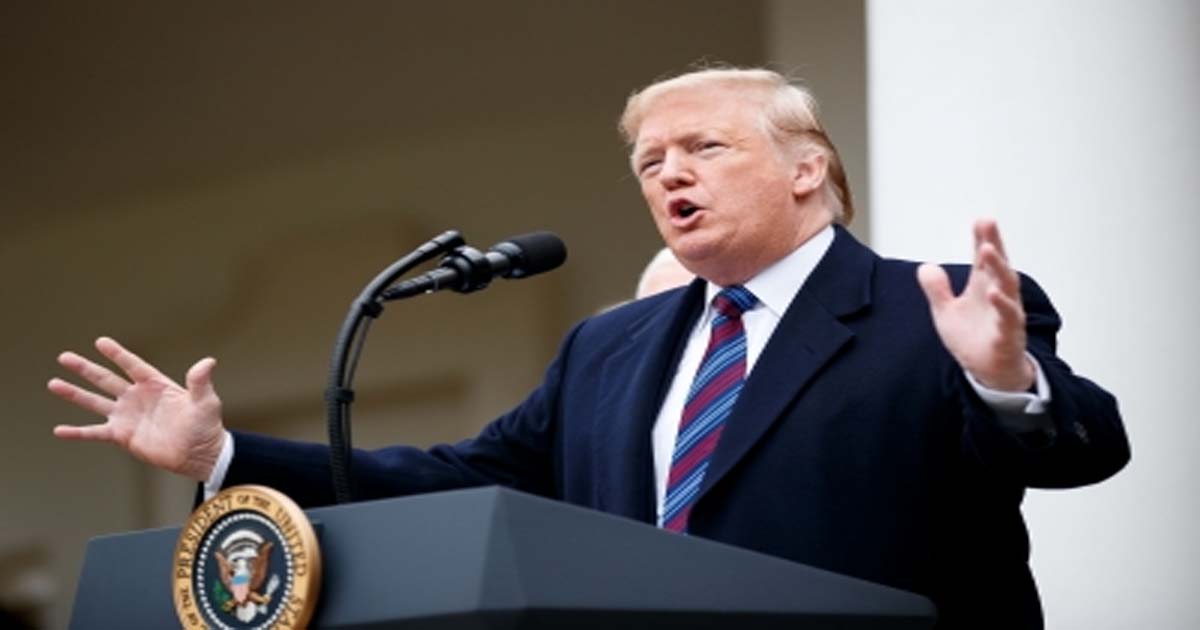International
‘Op Sindoor’ outreach: Delegation concludes Saudi Arabia visit, reiterating India’s stand against terrorism

Riyadh, May 30: The Indian all-party delegation, led by BJP MP Baijayant Jay Panda, on Friday concluded a productive visit to Saudi Arabia, reaffirming India’s zero tolerance and ‘New Normal’ approach to terrorism.
The delegation, a part of India’s ‘Operation Sindoor’ outreach campaign, conveyed India’s firm stance against terrorism and its continued efforts to combat this global menace in all its forms and manifestations.
The visit reaffirmed the shared commitment of India and Saudi Arabia in the fight against terrorism.
“On departure, Abdulrahman Alharbi, Chair of the Saudi-India Friendship Committee of the Shura Council bid farewell to the delegation,” Indian Embassy in Riyadh posted on X.
The delegation on Thursday held extensive interactions with a cross-section of the Indian community highlighting India’s continued efforts to combat terrorism, and countering radicalism and extremism, to ensure peace and prosperity in the nation.
The delegation also expressed satisfaction that the Indian community in Saudi Arabia has remained connected to Bharat’s progress and continues to be law-abiding residents, and is contributing to further strengthening the growing India–Saudi Arabia partnership. They also appreciated that Saudi Arabia has always stood with India in condemning acts of terrorism.
“Our Indian diaspora in Saudi Arabia continues to make India proud through its success, contributions & standing in local society. Today, our all-party delegation engaged with them, sharing India’s united national stance, the success of ‘Operation Sindoor’, and our unwavering commitment to combat cross-border terrorism with a zero-tolerance approach,” Panda posted on X.
They visited Naif Arab University for Security Sciences (NAUSS) in Riyadh and held interactions with the President of the University, Abdulmajeed Albanyan. The delegates shared strong concerns about cross-border terrorism and India’s position of zero tolerance against terrorism.
“The delegation appreciated the ongoing cooperation between India and Saudi Arabia in security sciences, and between NAUSS and Indian institutions. It conveyed India’s approach to terrorism and explored avenues for collaborations in new technologies such as AI, Quantum in countering cross-border terrorism,” the Indian Embassy in Riyadh said in a statement.
“The delegation also visited the Gulf Research Centre in Riyadh, a premier research institution in the country, and met with Chairman Abdulaziz Sager. The Indian delegates spoke on India’s national consensus and resolute approach to combating terrorism in all forms and manifestations, underlining that India has suffered the menace of cross-border terrorism for more than three decades, leading to the loss of innocent lives and civilian property. The Indian delegation highlighted that ‘Operation Sindoor’ has carved out a new benchmark in India’s fight against terrorism,” the statement added.
The delegation, led by Panda, includes BJP MP Nishikant Dubey, BJP MP Phangnon Konyak, BJP MP Rekha Sharma, All India Majlis-e-Ittehadul Muslimeen (AIMIM) MP Asaduddin Owaisi, BJP MP Satnam Singh Sandhu, former Jammu and Kashmir Chief Minister Ghulam Nabi Azad, and former Indian diplomat Harsh Vardhan Shringla.
International
Trump doubles down on 10 per cent tariff for BRICS; threatens 200 per cent tariff on pharma

New York, July 9: US President Donald Trump doubled down on his threat to charge BRICS members an additional 10 per cent tariff and alleged that the group was “set up to degenerate our dollar”.
Speaking to reporters as he presided over a Cabinet meeting on Tuesday, Trump said: “Anybody that’s in BRICS is getting a 10 per cent charge” — and that would include India.
On another trade issue that could affect India, Trump said that a 200 per cent tariff on pharmaceuticals would come soon, but added he would “give people about a year, year and a half”.
“We’ll give them a certain period of time to get their act together,” he said about the pharmaceutical companies.
India’s pharmaceutical exports to the US last year was nearly $9 billion.
A reporter recalled that he had said Monday night that trade deal was coming with India soon and asked him about the applicability of the proposed BRICS tariff.
He said: “Anybody that’s in BRICS is getting a ten per cent charge. If they’re member of BRICS, they’re gonna have to pay per cent tariff just for that one thing, and they won’t be a member for long.”
India has opposed a BRICS currency for trade to compete with the dollar and exercised a virtual veto on the proposal.
Laying out India’s policy, External Affairs Minister S Jaishankar said in March: “I don’t think there’s any policy on our part to replace the dollar.”
Affirming the importance of the dollar to the world’s and India’s economy, he added: “At the end of the day, the dollar as the reserve currency is the source of international economic stability, and right now, what we want in the world is more economic stability, not less.”
The letter he sent to BRICS member South Africa on Monday said only that it would face a 30 per cent tariff starting next month, but made no mention of BRICS penalty.
Trump said the BRICS tariff would come “soon”.
Despite India’s so far successful efforts to stop the creation of a BRICS currency, Trump continued to complain about a BRICS conspiracy.
“BRICS was set up to hurt us. BRICS was set up to degenerate our dollar and take our dollar as the standard, take it off as the standard,” he said.
He said that he would oppose it because it would be like losing a war, he said.
“And that’s okay if they want to play that game, but I can play that game too,” he said.
He said he thought BRICS “largely broke up” with only a couple of countries hanging around.
“BRICS is not, in my opinion, a serious set-up,” he said.
But he said that they want to destroy the dollar “so that another country can take over and be the standard, and we’re not going to lose the standard”.
In fact, opposition from India to a BRICS currency is because of the threat of China manipulating it to its benefit.
Business
US tariffs to now take effect from August 1 as trade talks intensify

New Delhi/Washington, July 7: US President Donald Trump’s country-specific tariffs are now scheduled to take effect from August 1, offering a temporary reprieve as trade talks intensified with several countries, including India.
Earlier, the US tariffs were set to take effect from July 9.
Commerce Secretary Howard Lutnick announced the tariff reprieve on Sunday (US time) while speaking to the media. He noted that President Trump was “setting the rates and the deals right now”.
Trump told reporters that “I think we’ll have most countries wrapped up by July 9, either through letters or finalised agreements”, adding that notification letters warning of upcoming tariff hikes would begin going out from Monday (US time), with more expected to follow on Tuesday.
Trump said that sending notices would be much easier than “sitting down and working 15 different things…this is what you have to pay, if you want to do business with the United States.”
In April, Trump announced a base tariff of 10 per cent on most of America’s trading partners and thereafter additional duties ranging up to 50 per cent.
The US has announced trade deals with the United Kingdom and Vietnam so far, with some more trade deals apparently in the pipeline.
“President Trump’s going to be sending letters to some of our trading partners saying that if you don’t move things along, then on August 1 you will boomerang back to your April 2 tariff level. So I think we’re going to see a lot of deals very quickly,” US Treasury Secretary Scott Bessent told CNN.
India’s high-level official delegation led by chief negotiator Rajesh Agrawal has returned from Washington after the trade talks with US officials without reaching a final agreement on the sensitive issue of trade in agricultural and dairy products that the US is pushing for.
Meanwhile, Trump has announced that an additional 10 per cent tariff will be imposed on countries that “align themselves with the anti-American policies of BRICS”.
Business
12 nations to get US tariff letters on Monday, says Trump

New Delhi/Washington, July 5: US President Donald Trump has signed tariff letters on exports from 12 countries, which are expected to be sent out on July 7 (Monday).
Speaking to the media aboard Air Force One, the US President said the names of the countries which will receive the letters would only be revealed on Monday.
“I signed some letters and they’ll go out on Monday, probably 12. Different amounts of money, different amounts of tariffs,” he told reporters.
“The letters are better. It is much easier to send a letter,” Trump added.
Trump has suggested that the reciprocal tariffs could go even higher, potentially reaching 70 per cent for some countries, and take effect from August 1.
The US President in April unveiled a base tariff of 10 per cent on most goods entering the country, along with higher rates for certain countries, including China. Those elevated tariffs were later suspended till July 9.
Washington has concluded trade agreements with two countries – the United Kingdom and Vietnam.
Meanwhile, India’s high-level official delegation, led by chief negotiator Rajesh Agrawal, has returned from Washington without reaching a final agreement with US officials on the sensitive issue of trade in agricultural and dairy products that the US is pushing for.
However, there is still a glimmer of hope that an interim bilateral trade agreement may be reached at the highest political level in the two countries before the July 9 deadline.
The Indian team was in Washington for negotiations on an interim trade agreement with the US from June 26 – July 2.
According to Commerce Minister Piyush Goyal, India will not hurry into signing a free trade agreement under pressure from any deadline.
Speaking on the sidelines of an event in the national capital, Minister Goyal emphasised that India is ready to make trade deals in the national interest but it “never negotiates trade deals with a deadline”.
The US is seeking broader market access for its agricultural and dairy products, which is a major hurdle, as for India, this is a livelihood issue for the country’s small farmers, and hence, is considered a sensitive area.
While India is looking to secure an exemption from President Trump’s 26 per cent tariffs by concluding an interim deal before July 9, it is also pushing for significant tariff concessions for its labour-intensive exports such as textiles, leather and footwear.
-

 Crime3 years ago
Crime3 years agoClass 10 student jumps to death in Jaipur
-

 Maharashtra10 months ago
Maharashtra10 months agoMumbai Local Train Update: Central Railway’s New Timetable Comes Into Effect; Check Full List Of Revised Timings & Stations
-

 Maharashtra9 months ago
Maharashtra9 months agoMumbai To Go Toll-Free Tonight! Maharashtra Govt Announces Complete Toll Waiver For Light Motor Vehicles At All 5 Entry Points Of City
-

 Maharashtra10 months ago
Maharashtra10 months agoFalse photo of Imtiaz Jaleel’s rally, exposing the fooling conspiracy
-

 Crime9 months ago
Crime9 months agoBaba Siddique Murder: Mumbai Police Unable To Get Lawrence Bishnoi Custody Due To Home Ministry Order, Says Report
-

 National News9 months ago
National News9 months agoMinistry of Railways rolls out Special Drive 4.0 with focus on digitisation, cleanliness, inclusiveness and grievance redressal
-

 Maharashtra8 months ago
Maharashtra8 months agoMaharashtra Elections 2024: Mumbai Metro & BEST Services Extended Till Midnight On Voting Day
-

 National News10 months ago
National News10 months agoJ&K: 4 Jawans Killed, 28 Injured After Bus Carrying BSF Personnel For Poll Duty Falls Into Gorge In Budgam; Terrifying Visuals Surface












